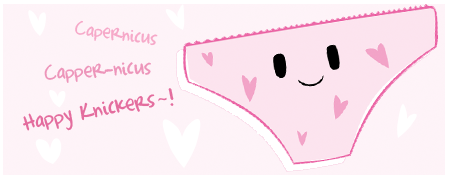
Originally Posted by
AzureDark

を (that's the particle you're talking about) is a sentence particle that signifies an active verb, when spoken is pronounced 'o'. 'wo' is its archaic form. In song diction however, it is pronounced 'wo' because it is softer to pronounce in songs. Hence, transliterations often type 'wo' because it is how the particle is sung. In normal spoken Japanese though, it is almost always pronounced 'o'.
My transliteration convention puts the particle down as 'wo', except when the singer (is forced upon or normally) pronounces it as a clear 'o'.
2) 'ga' is the subject marker. Indeed, both can be in one sentence.
kimi dake ga watashi wo aishite iru.
You are the only person who is loving me.
3) In most cases 'to' means 'with'. as in
watashi wa anata to hanashite iru.
I am talking with you.
5) I think from the 3 pointers above you can deduce that
wo is verb marker;
ga is subject marker;
to is 2nd person marker.
'kimi dake wo' depends on what verb follows it (or the one before, in the case of inverted sentence order) and who the subject is (the noun before a wa or ga).
'kimi dake ga' implies the person is the only one doing (insert verb).
'kimi dake to' means subject (noun before wa or ga) is doing (insert verb) with only that person.
 AnimeGalleries [dot] Net
AnimeGalleries [dot] Net AnimeWallpapers [dot] Com
AnimeWallpapers [dot] Com AnimePedia [dot] Com
AnimePedia [dot] Com AnimeGlobe [dot] Com
AnimeGlobe [dot] Com























Bookmarks